Revolutions are always verbose
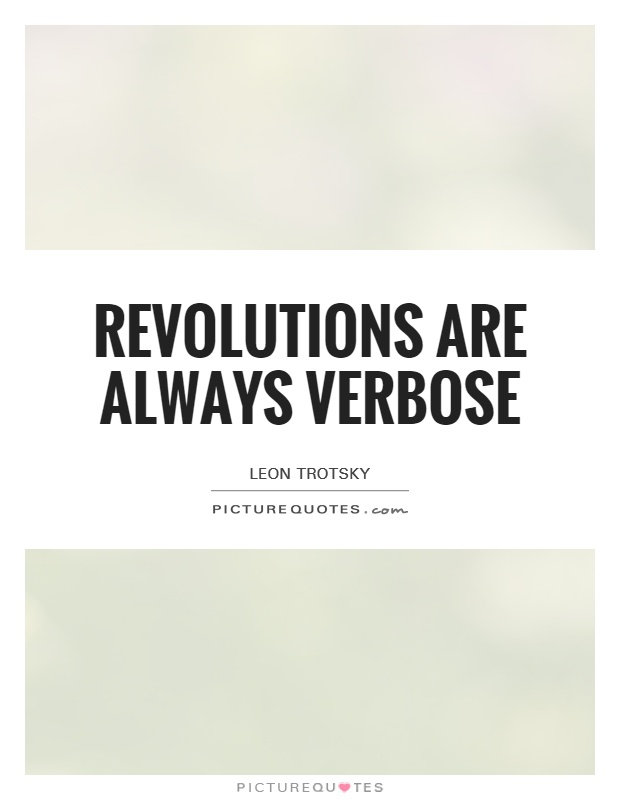
Revolutions are always verbose
Leon Trotsky, a key figure in the Russian Revolution of 1917, once famously said, "Revolutions are always verbose." This statement holds true not only in the context of Trotsky's own revolutionary activities, but also in the broader history of revolutions around the world.Trotsky's assertion that revolutions are verbose can be interpreted in several ways. On one level, it can be seen as a commentary on the sheer volume of words and rhetoric that often accompany revolutionary movements. Revolutions are not quiet affairs; they are loud, chaotic, and filled with passionate speeches, manifestos, and declarations. The leaders of revolutions, like Trotsky himself, are often skilled orators who use their words to inspire and mobilize the masses.
In the case of Trotsky and the Russian Revolution, his role as a vocal and persuasive speaker was crucial in rallying support for the Bolshevik cause. His speeches and writings were instrumental in shaping the ideology of the revolution and galvanizing the proletariat to rise up against the ruling class. Trotsky's verbosity was a powerful tool in the fight for social and political change.
Furthermore, Trotsky's statement can also be understood in a more metaphorical sense. Revolutions are not just noisy in terms of the literal volume of words spoken; they are also verbose in the sense that they are expansive, far-reaching, and all-encompassing. Revolutions seek to upend the existing social order and create a new world order in its place. This requires a great deal of energy, effort, and communication to bring about such a monumental shift in society.
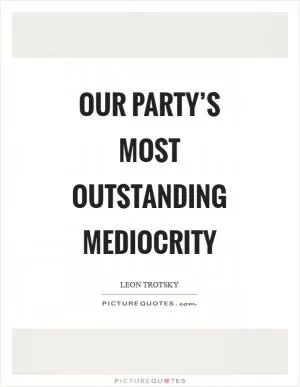

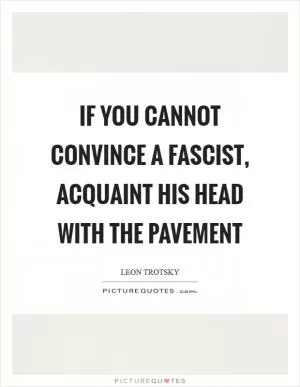
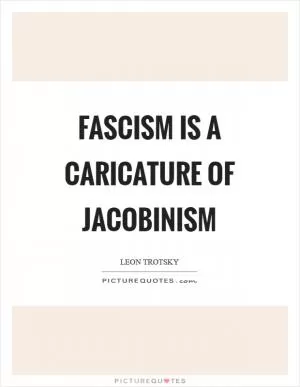
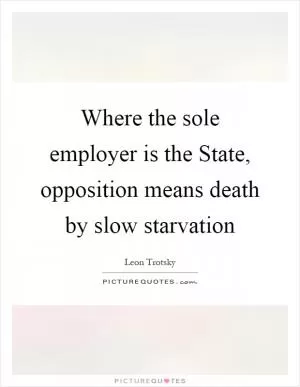
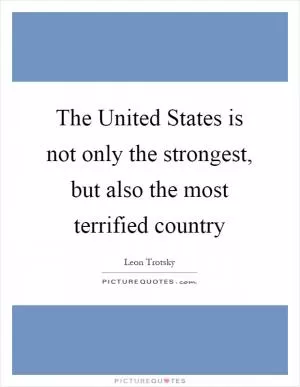
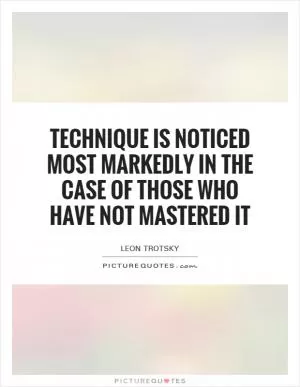

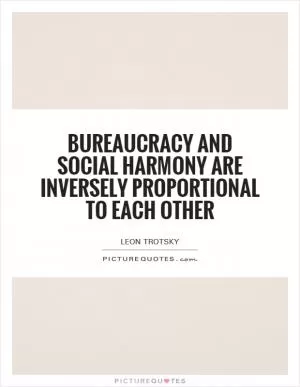

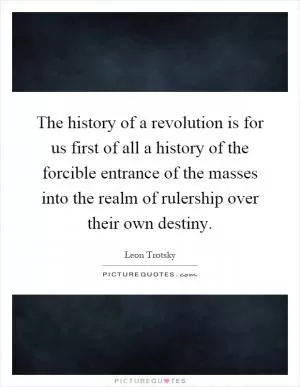
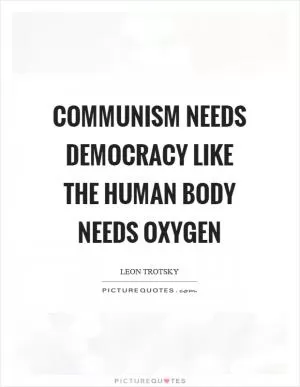
 Friendship Quotes
Friendship Quotes Love Quotes
Love Quotes Life Quotes
Life Quotes Funny Quotes
Funny Quotes Motivational Quotes
Motivational Quotes Inspirational Quotes
Inspirational Quotes